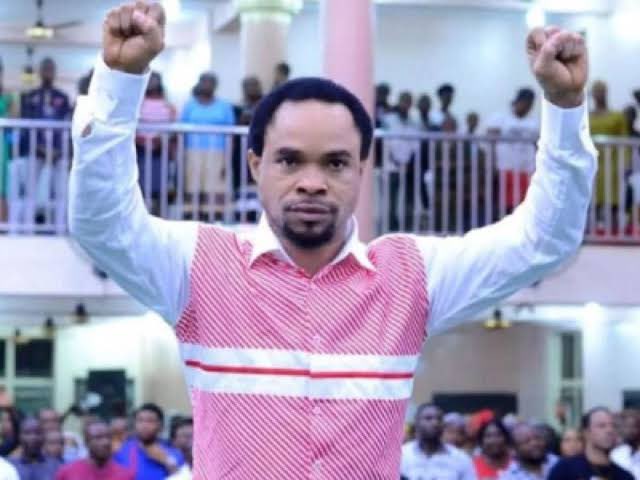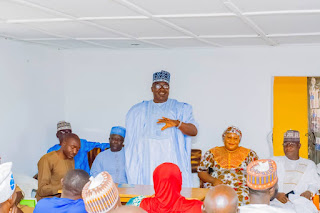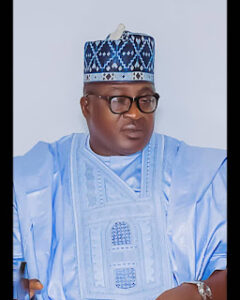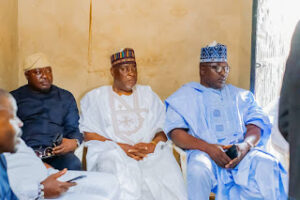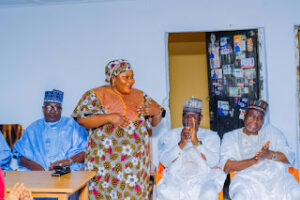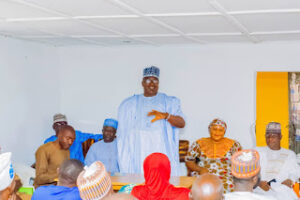Nigeria cannot survive another civil war, Nobel laureate, Prof. Wole Soyinka; and frontline monarch, Ooni of Ife, Oba Adeyeye Ogunwusi, has warned.
They called on the authorities to arrest what they see as the prevailing drift into “a dysfunctional state on multiple levels of citizenship, community belonging, security and productive opportunities”.
In a communiqué they issued at the end of a meeting at the weekend, the duo counselled the government on ensuring co-existence amongst Nigerians.
The communique was issued after a visit by the royal father to Soyinka in Abeokuta, the Ogun State capital.
They said solutions must be found to the challenges threatening national cohesion and survival.
According to the literary icon and the royal father, efforts must be made to douse the tension over the suspended Ruga settlements.
The government has suspended the project, saying the implementation was inconsistent with its plan.
The communique decried a situation where some groups consider themselves, especially privileged and above the law.
It states: “We have in mind destructive forms of social transactions that characterize groups such as nomadic cattle herdsmen, and their umbrella groupings in the nature of Miyetti Allah.
“We confess ourselves increasingly distressed and appalled that the hitherto harmonious cohabitation, even routine collaboration, among the productive arms of society that Nigerians have taken for granted even from pre-colonial times, have deteriorated to unprecedented levels of barbarity, contempt for human lives and a defiant trampling on the civic entitlements of other productive vectors, such as farmers, the providers of both food and cash crops.
“This abhorrent, yet consistent pattern of sectarian, and homicidal arrogance is obviously not merely counter-productive but inhuman, criminal and divisive.”
Soyinka and Oba Ogunwusi said the recent ultimatum delivered by a sectarian order to President Muhammadu Buhari to set up the so-called Ruga cattle settlements across the entire nation within a stipulated time, despite national outcry, should be acknowledged as their entitlement under the law that grants them freedom of expression.
Given the current state of affairs, the eminent citizens called on Nigerians across the states to defend the sanctity of their ancestral lands, because such birthright has never been annulled, “not even under colonial occupation”.
They said those who indulge in what they described as “internal colonisation project are backward, primitive and underdeveloped minds that have failed to overcome delusions in the antiquated belief in sectarian dominion as the key to social existence”.
Soyinka and Oba Ogunwusi urged Nigerians to convoke a series of frank encounters, across various interests and concerns, to debate and determine the future structure of their nation, most especially with a view to attaining a genuine, decentralised functional governance arrangement.
They added: “We propose a structure that enables the constitutive parts to progress at their own pace, determine their own priorities, and encourage creative exploitation of their resources for the benefit of their peoples. Such encounters will simultaneously address the numerous anomalies that plague the nation – from youth unemployment, infrastructural decay, insecurity and ethical collapse, to the untenable aspects of the protocols of the present constitution that supposedly bond the nation as one.
“We consider it a primary imperative of nation existence that the constitutive parts of the nation take steps to preserve and enhance their distinct cultural identities, including tested and relevant pre-colonial values, their spiritual apprehension of phenomena and worship, all without detriment to the principles and ideals of mutual co-existence.
“To this end, we undertake to create state-of-the-art Ethnic Museums for our people both at home and in the Diaspora, where present and future generations can access their histories and cultures vividly, as living expressions of their very humanity, not simply as relics of eras vanished forever or irrelevant to the present.
“We pledge ourselves to join hands with others in fashioning a realistic, functional, and sustainable charter of development for the welfare and progress of our peoples, culturally, economically, and spiritually, where every individual freely obtains access to the means of his or her chosen path of development, and the fulfilling knowledge of valuable contribution to the well-being and advance of the overall community, and of humanity.”
The Nation.
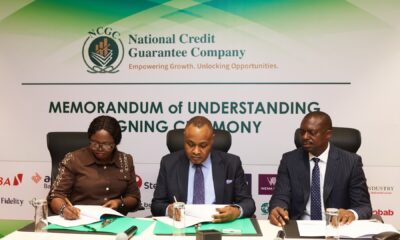
 BIG STORY3 days ago
BIG STORY3 days ago
 BIG STORY5 days ago
BIG STORY5 days ago
 BIG STORY5 days ago
BIG STORY5 days ago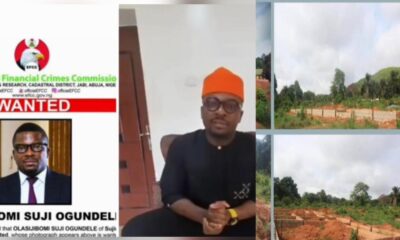
 BIG STORY2 days ago
BIG STORY2 days ago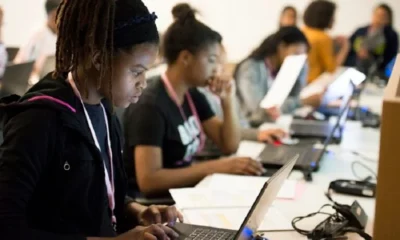
 BIG STORY5 days ago
BIG STORY5 days ago
 BIG STORY2 days ago
BIG STORY2 days ago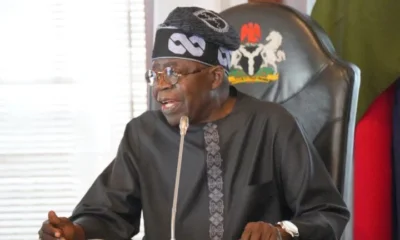
 BIG STORY4 days ago
BIG STORY4 days ago
 BIG STORY4 days ago
BIG STORY4 days ago



















